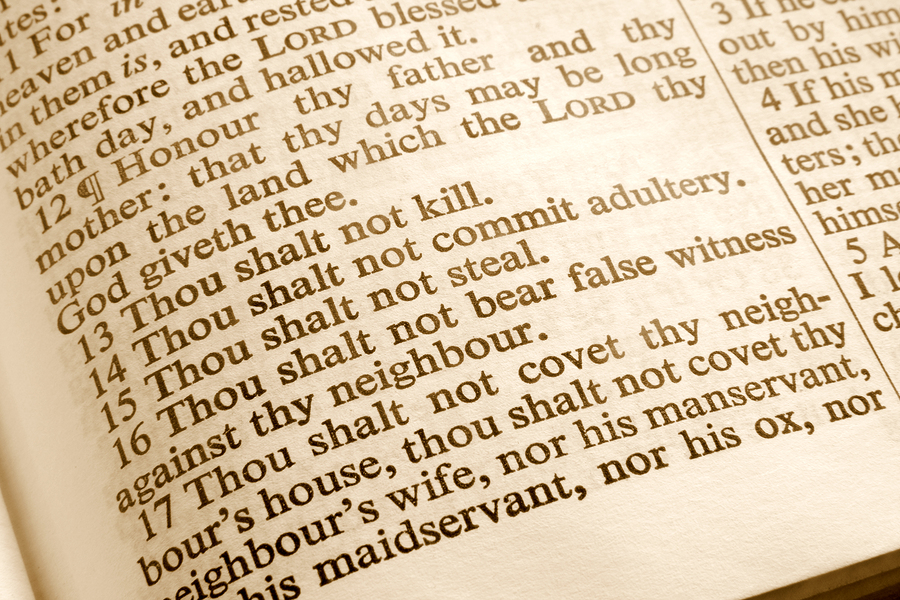Exo 20:17 Thou shalt not covet thy neighbour’s house, thou shalt not covet thy neighbour’s wife, nor his manservant, nor his maidservant, nor his ox, nor his ass, nor any thing that is thy neighbour’s.
In the 10th commandment God explicitly said don’t covet. This was the only one of the 10 commandments that was an internal work without an external manifestation. Every other commandment could be measured by actions (or in-actions). In many ways the 10th commandment is the most important because of the effect it has on all of the others and our spiritual success. Each of the other commandments are driven by some desire that develops into a wrong motive and consequently sin.
When you covet something you feed desire for it. As the thoughts of desire are given attention the desire grows. The desire creates an attachment to the object of the desire. The more that desire grows the more control it has over us. Thoughts that aren’t dwelt on don’t have much of an effect on us. Thoughts, events, feelings, situations and ideas that are dwelt on have an increasing attachment that goes from just a simple passing interest all the way to an obsession. Coveting in this sense is more that just wanting what you don’t have, but it creates powerful attachments to things, thoughts and feelings.
We talk about our old man as having a core set of evil spirits and other more peripheral, less difficult spirits to overcome. The core spirits are the ones that we have spent the most time with. We have felt them the most often and we have been in the most situations where they are involved. We have spent the most time thinking about or feeling them. They are the hardest to address and the hardest to whittle down because that’s where the major investment is. We will also find that that the core set of spirits include the largest quantity of the particular spirits that make up the bulk our old man.
It isn’t just the investment of the evil angel to set up situations for us that will reinforce those spirits, but it is also the effort we have put into reinforcing them ourselves. We reinforce them by identifying ourselves by them (i.e., I’m shy, I’m stupid, etc). We reinforce them by limiting ourselves from pushing the boundaries against them. “I can’t do that because I’m …” We reinforce them by living according to the limitations they set on our life. The spirits we reinforce are the ones we create greater and greater attachments to. Those become very difficult to unravel and cast out fully because we believe they define us, they are our identity. Coveting controls us in large part because of the attachment we have to those thoughts and feelings from the attention we give them. It is the familiar that we shroud ourselves in even when we dislike it. Casting those out is very difficult and often leads to the thought “if I cast that out who will I be”. It is the same question as “who am I without this person or that job”. Things that become our identity are the hardest to let go. They are the most well worked and the biggest part of our old man. It takes the longest to feel distance and relief from these spirits because we have invested the most in them throughout our life.
To manage and ultimately have control over covetous thoughts requires a lot of honesty about the things we desire and why. What do we believe we are getting from whatever we are hanging on to? What is the promise of the object of our desire? The discernment then is to understand the fallacy of that promise. God can reveal to us what is controlling us so that we can see it clearly and strip it of its power over us. We can be free from the wrongly motivated attachments we have. Understanding what it is and how it controls us is the first step.
